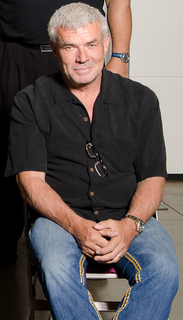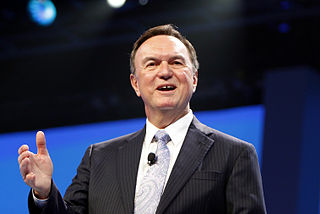A Quote by Peter Thiel
When you are starting a new business you don't want to go after giant markets. You want to go after small markets and take over those markets quickly.
Related Quotes
Private equity capital in each of those markets Europe and Asia - while those markets have very different characteristics - fills a niche where either strategic investors or the public markets don't go, or don't want to go for some particular reason. I think that's going to continue to be the case going forward.
Markets are a social construction, they're made from institutions. We in a democratic society create markets, we constitute markets, we bring them into existence, and we shouldn't turn markets over to a narrow group of people who regulate them and run them in their interests, rather they should be run democratically for the common good.
The main purpose of advertising is to undermine markets. If you go to graduate school and you take a course in economics, you learn that markets are systems in which informed consumers make rational choices. That's what's so wonderful about it. But that's the last thing that the state corporate system wants. It is spending huge sums to prevent that.
I noticed that I used to go to second hand shops and flea markets and find funny, cute things, but now I go into those stores, and I think, This is dead people's stuff. This is all, like, somebody cleaned out their parents' house, and I don't want any of it. If I didn't want it from my parents, I don't want it from your parents.



































